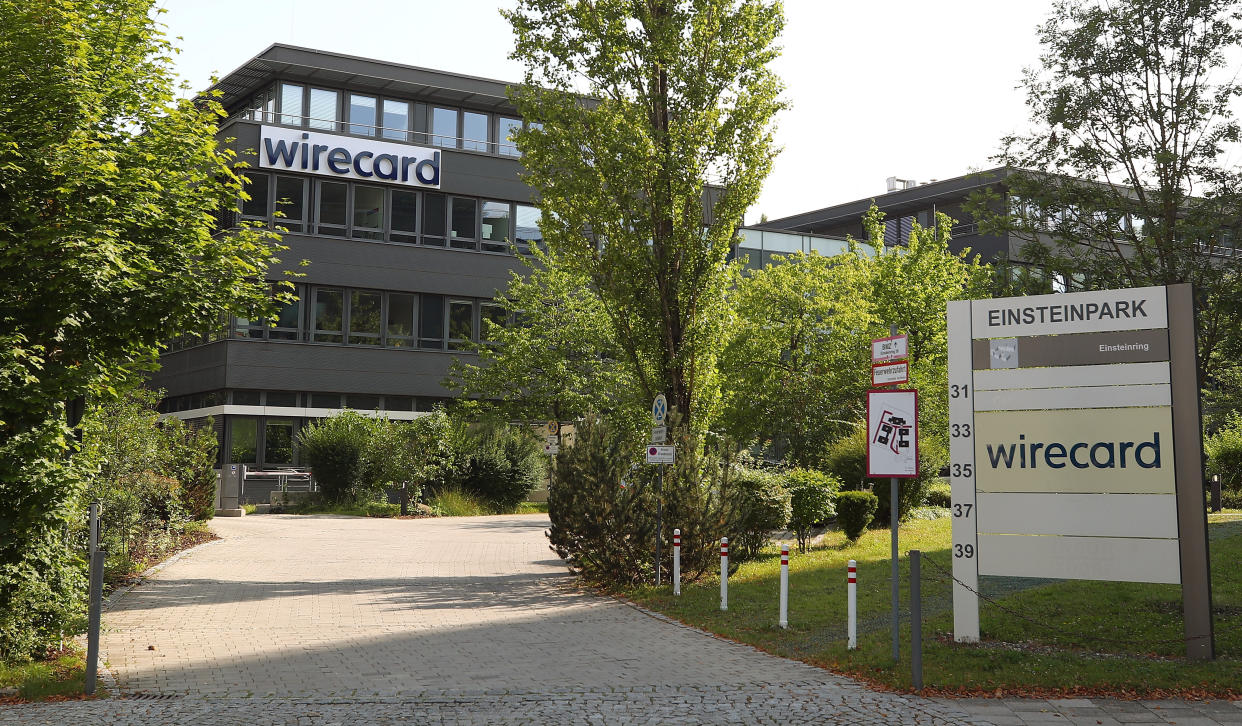Spain’s Santander Bank buys Wirecard’s tech platform and assets for €100m

Germany’s scandal-ridden payments company Wirecard continues to be broken down for parts by insolvency administrators.
Insolvency administrator Michael Jaffe said in a statement on Monday evening that Spain’s Banco Santander (SAN.MC) has acquired Wirecard’s technology platform and its “highly specialised technological assets.”
According to Germany’s Süddeutsche Zeitung, Santander is paying more than €100m (£89.8m, $118.7m) ) for the assets.
Around 500 remaining Wirecard employees in Aschheim near Munich will be incorporated into Santander's global merchant services team, Jaffe’s statement said.
"It is particularly pleasing that this result offers employees a positive perspective. Thus, we have achieved our goal of finding the best possible solution for employees and creditors," said Jaffe.
READ MORE: EU watchdog criticises Germany for oversight failures in Wirecard scandal
Once the star of the German fintech scene, Wirecard fell apart in June, when auditors EY refused to sign off on the company’s 2019 accounts, saying they could not verify the existence of €1.9bn that Wirecard said was held in trust accounts overseas. The sheer scale of the fraud has been an embarrassment to the German finance ministry and financial regulator BaFin.
Its former chief executive Markus Braun is still in custody, having been detained a second time in June. Despite an ongoing Interpol search, former chief operating officer Jan Marsalek is still at large.
In the three months since insolvency proceedings started, Jaffe said he has sold off the main Wirecard businesses, as well as the subsidiaries in Brazil, Romania and North America, to recoup some of the money that investors lost when the company collapsed. It owes banks and investors over €3bn.
The deal with Santander will require antitrust approval, and is expected to complete by the end of the year.
The German financial regulator has been heavily criticised for its lack of oversight with Wirecard, despite repeated warnings of suspected accounting issues. The European Securities and Markets Authority (ESMA) identified a number of “deficiencies” at BaFin recently, including that the financial supervisor did not maintain enough independence from the country’s Ministry of Finance.
It also accused BaFin and the Financial Reporting Enforcement Panel (FREP) of turning a blind eye to concerns raised about the accounting practices at the payments company between 2016 and 2018.
“More attention should have been paid to the FT reporting during the first half of 2019,” the report said.
The Financial Times first started reporting on suspicions about Wirecard’s accounting as far back as 2015 and has been investigating the company since then.
WATCH: German parliament pushes in-depth investigation into Wirecard scandal


